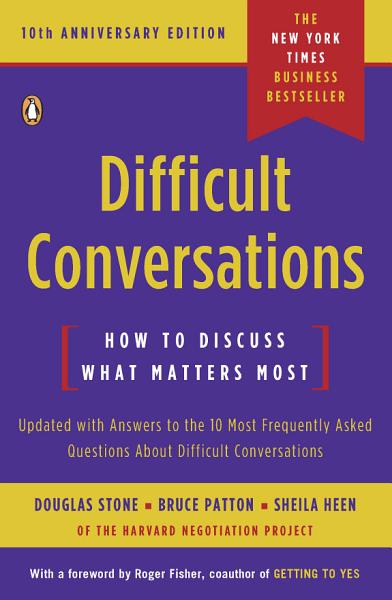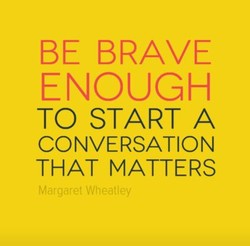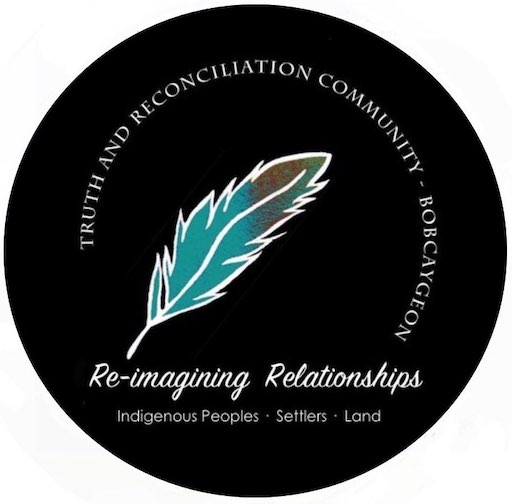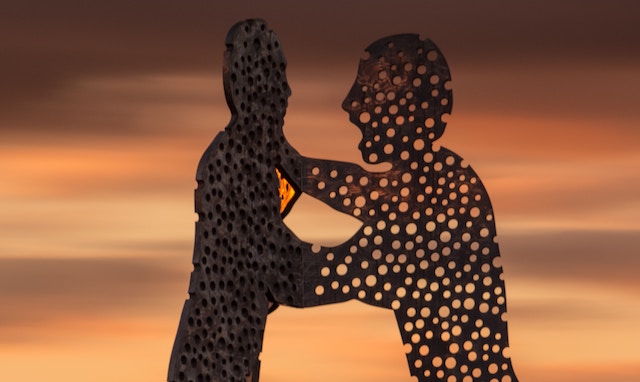Canadians need to stay in the conversation around justice and reconciliation. Specifically settler society needs to either begin these conversations in their circles or start asking the hard questions.
Few people enjoy risking the possibility of conflict or confrontation, but we are only made stronger by honing our ability to sat in conversations that may be challening at times.
The David Susuki Foundation offers a framework for having difficult conversations around our climate crisis. These same guidelines also apply to conversations about our obligations as treaty people to honour those treaties with our political will and demands for action.
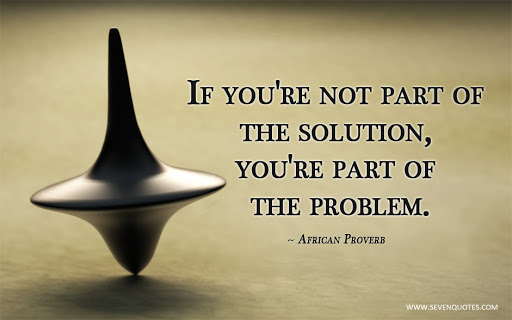
Another Resource
Difficult Conversations teaches readers how to have constructive, respectful and effective conversations exactly when it’s most difficult to have those conversation: when the stakes are high, when you are very emotional and when the last thing you would want is to talk. Book summary from The Power Moves
Bullet Summary
- Accusations are masked feelings: express the feelings directly instead
- Starting a performance review by asking people how they’re feeling or how they think they’ve done is awkward
- If you think it or feel it, you are entitled to say it. Speak for yourself and you can speak with power
- You can’t move the conversation on a positive direction until the other feels heard and understood
